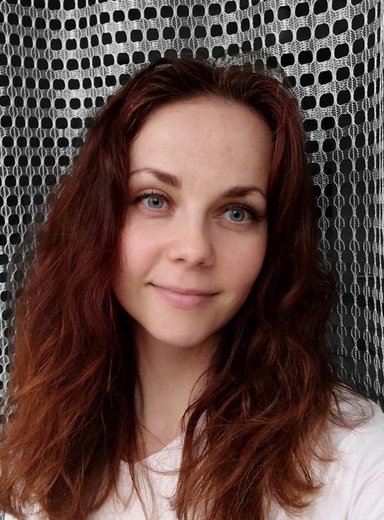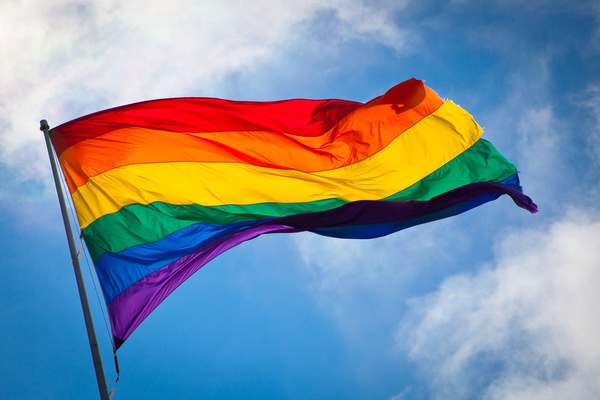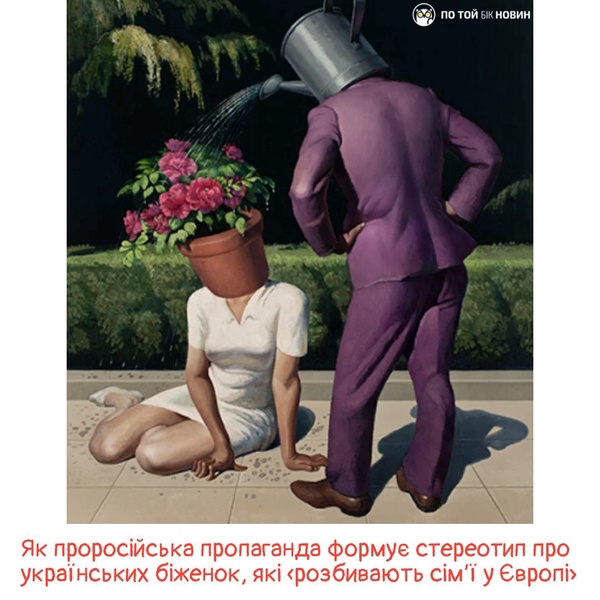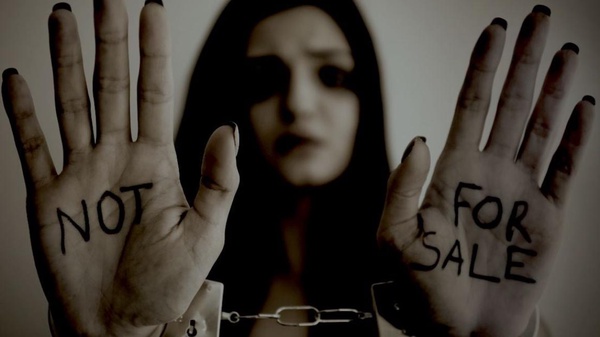Rude behaviour and alcohol abuse: how russian propaganda slanders Ukrainian refugees
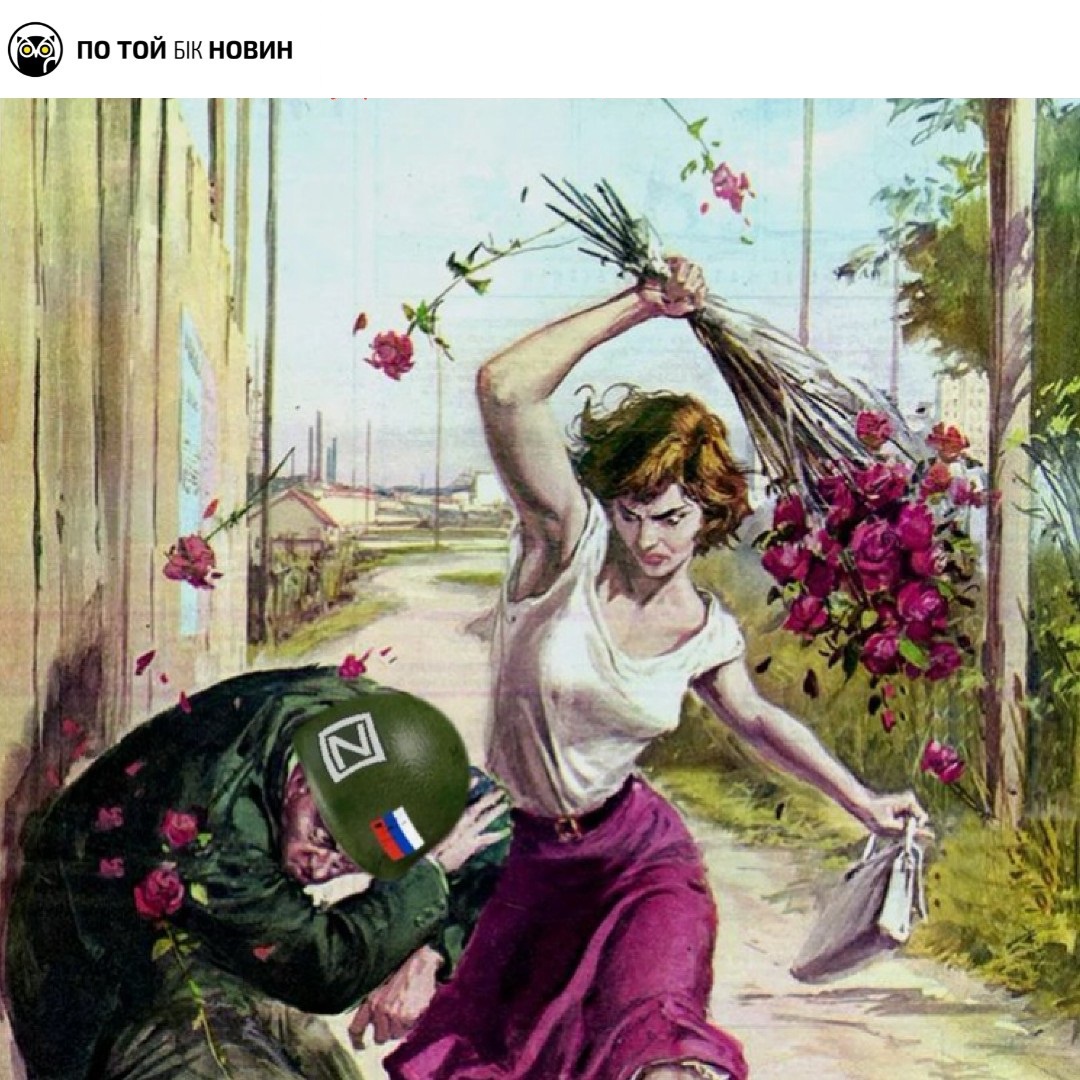
As of October 4, there were 4,2 million Ukrainian refugees registered in Europe; 90% of them are women and children. So, first of all, all these propaganda stories are aimed at making life difficult for them.
“Ukrainian refugees behave in a rough and rude manner.”
This is part of the headline on a Russian websites, which is allegedly a translation of an article from Die Welt entitled “russian-language Netflix was turned on in our living room all day.” The article cites the example of a family living near Cologne and describes how difficult it was for the owners to get along with these Ukrainian refugees - three women and four teenage children.
In the article, the German family actually describes that the women smoked frequently and didn’t conserve electricity; the children watched movies all day, and one of the boys skipped school. The last straw was that the children borrowed the homeowners’ bicycles without permission.
However, the article doesn’t judge or evaluate the so-called “rough and rude behaviour” of the people who lived with the German family for a month. In the article, several experts explain that Europeans often succumb to emotions, as they really want to help people fleeing the war. But, they fail to take into account that these are complete strangers with whom they must find common ground, and that the language barrier complicates everything.
The family also admits that their expectations were false and unrealistic. In fact, they didn’t take into account that these people didn’t move to a new country of their own free will, and on top of all, that the Ukrainians were under a lot of stress due to what they had lived through.
The authors wrote this text to show that people should be morally prepared to help refugees, but russian propaganda quoted only the paragraphs that stereotyped the refugees as bad Ukrainians.
“They regret granting these people asylum.”
Now we turn to an article in the French newspaper Le Figaro. However, the manipulative headline - "The French families, who granted asylum to Ukrainians, now regret their decision” – doesn’t criticize the behaviour of Ukrainian refugees, but that of the French authorities. As a matter of fact, French citizens expected that they would be helping Ukrainian refugees for a few months, and that the authorities would then develop some kind of mechanism to take care of the newcomers.
Almost every story is based on the fact that the French feel uncomfortable, because they can’t live the way they used to, that they truly believed that their assistance and support would be needed for a few months only. “We had no idea that we’d have to invest so much time and money to help them out,” says one of the interviewees, explaining that the 426 euros that France allocated to refugees each month wasn’t at all enough to live decently in their country.
“Complaints about alcohol abuse and rude behaviour”
And here’s another misinterpreted news story from Belgium. The original article says the same thing as the previous one from France: families who host refugees demand that the government provide long-term solutions for these people. The problem was first raised in early summer, as many Belgian families wanted to go on vacation and were afraid to leave their homes to complete strangers.
The article also states that the Belgian families simply wanted to regain their privacy, as they had agreed to host the refugees for only three months. However, some towns did complain about alcohol abuse and conflicts with the refugees. Even so, no one inferred that this was the main reason for the Belgians demanding that the authorities find another home for the newcomers ![]()

